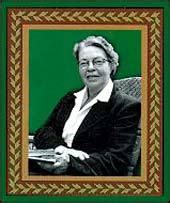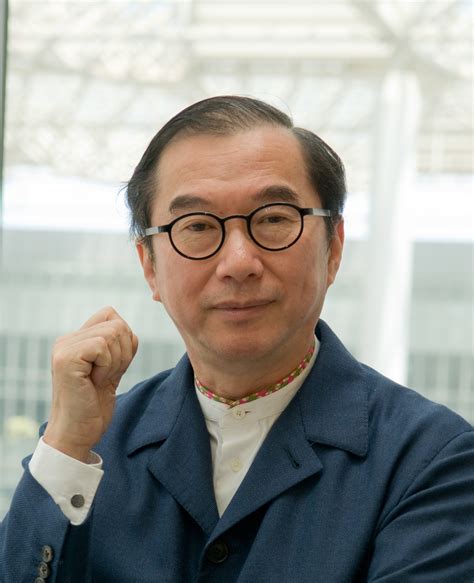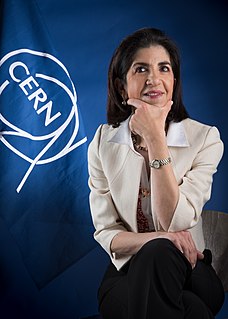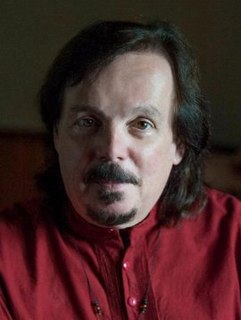A Quote by Richard Louv
The future will belong to the nature-smart...Th e more high-tech we become, the more nature we need.
Related Quotes
And in that far distant day when the gods become wholly beautiful, or we at last are shown how beautiful they always were, this will happen more and more. For mortals, as you said, will become more and more jealous. And mother and wife and child and friend will all be in league to keep a soul from being united with the Divine Nature.
A lot of ancient poetry sees in nature a reflection of human emotions, and in a post-industrialized era, once people have become more aware of the necessity of a more harmonious relation between man and nature, we need to build cities which can connect with human spiritual needs instead of being merely functional.
If you will cling to Nature, to the simple in Nature, to the little things that hardly anyone sees, and that can so unexpectedly become big and beyond measuring; if you have this love of inconsiderable things and seek quite simply, as one who serves, to win the confidence of what seems poor: then everything will become easier, more coherent and somehow more conciliatory for you, not in your intellect, perhaps, which lags marveling behind, but in your inmost consciousness, waking and cognizance.
If children have an interest in nature, they will understand. I want them to become people who appreciate the consequences the next generation will suffer if we destroy our natural surroundings. So without a doubt, they need to learn that nature is vital to us by experiencing it. I want them to like nature and to climb mountains and so on.
Avatar is the most high tech film in terms of its execution, dealing with essentially a very low tech subject; which is our relationship with nature...and in fact the irony is that the film is about our relationship with nature and how our technological civilization has taken us several removes away from a truly natural existence and the consequences of that to us.
The movement of the waves, of winds, of the earth is ever in the same lasting harmony. We do not stand on the beach and inquire of the ocean what was its movement of the past and what will be its movement of the future. We realize that the movement peculiar to its nature is eternal to its nature. The dancer of the future will be one whose body and soul have grown so harmoniously together that the natural language of that soul will have become the movement of the body.

































